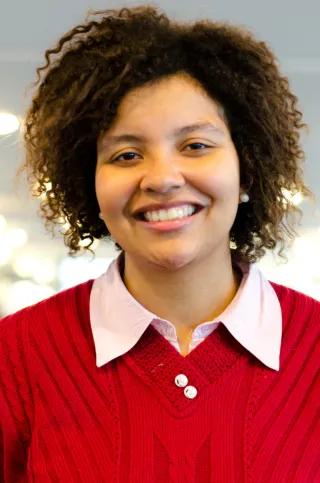Bachelor 1 subject
Psychology, Bachelor 1 subject
- What is psychology?
- How do our thinking, experiencing and behaviour work?
- How do we learn things?
- What is it that keeps a group together?
- How does our brain work?
Profile |
|
|
Degree
|
Bachelor of Science
|
|
Start
|
Winter semester
|
|
Duration
|
6 semesters
|
|
Classroom language
|
German
|
|
Admission
|
Restricted
|
rub



